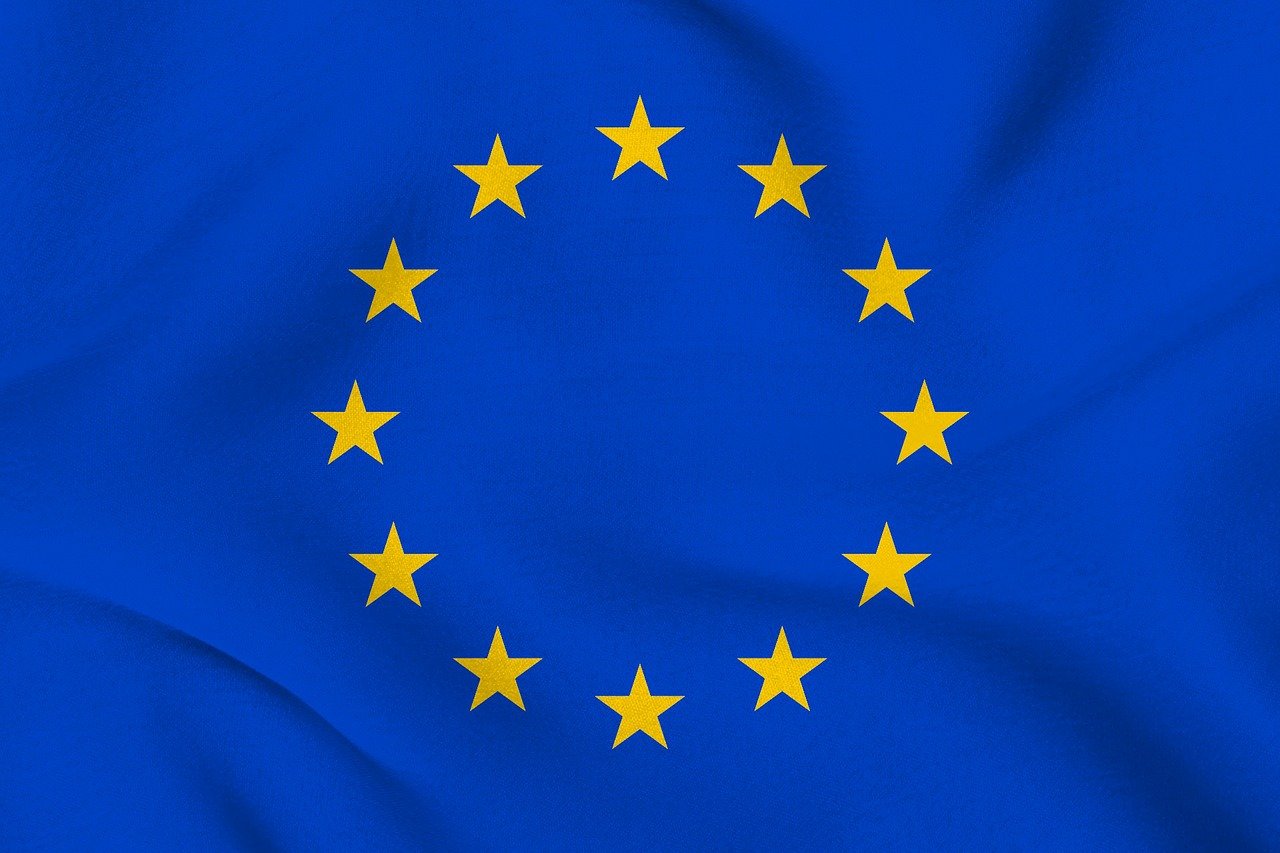EU Regulators Push for Stricter Capital Rules on Crypto-Holding Insurers
29.03.2025 16:00 1 min. read Alexander Stefanov
European regulators are pushing for stricter capital requirements on insurers holding cryptocurrencies, marking a significant shift in the EU’s approach to digital assets.
The European Insurance and Occupational Pensions Authority (Eiopa) has advised the European Commission to enforce a 100% capital requirement on all crypto-related holdings.
If adopted, this measure would substantially raise the cost of maintaining digital assets, discouraging insurers from exposure to the sector.
Currently, most EU insurers allocate capital equal to 60–80% of their crypto assets, but the proposed regulation would require full coverage.
Eiopa’s recommendation extends beyond Bitcoin and Ethereum, including stablecoins pegged to fiat currencies and tokenized assets linked to traditional investments such as stocks and bonds.
This marks an unprecedented level of capital restrictions for insurers dealing with any asset class.
Despite the firm stance, the immediate impact on the industry is expected to be minimal. By the end of 2023, European insurers collectively held around €655 million in crypto assets—less than 0.01% of the region’s total €9.6 trillion in assets.
A significant portion of this exposure was concentrated in Luxembourg, likely through investment funds rather than direct holdings.
-
1
SEC Explores New Fast-Track Process for Token-Based ETFs
02.07.2025 14:00 2 min. read -
2
Crypto Advocates Back Sen. Cynthia Lummis’ Push to Reform Digital Asset Tax Rules
01.07.2025 10:00 2 min. read -
3
EU Grants MiCA Licenses to 53 Crypto Firms: Here Is the Full List
07.07.2025 19:00 2 min. read -
4
Germany’s Largest Banking Group Sparkassen to Offer Crypto Trading by 2026
01.07.2025 8:00 2 min. read -
5
U.S. Supreme Court Backs IRS Access to Crypto Exchange Data
01.07.2025 17:00 2 min. read
Trump Set to Sign GENIUS Act, Ushering in Landmark U.S. Stablecoin Regulation
The United States is poised to introduce its most sweeping cryptocurrency legislation to date, as President Donald Trump prepares to sign the GENIUS Act—a groundbreaking bill aimed at regulating the rapidly expanding stablecoin market.
Donald Trump to Unlock $9 trillion in Retirement Savings for Crypto and Gold Investments
President Donald Trump is preparing to sign a sweeping executive order this week that could radically reshape the way Americans invest for retirement.
U.S. House Passes Sweeping Clarity and GENIUS Acts
The U.S. House of Representatives has passed a trio of groundbreaking cryptocurrency bills aimed at establishing comprehensive federal oversight of digital assets, including stablecoins and broader crypto market infrastructure.
House Clears Path for Landmark Crypto Bills: Vote Set for Thursday
The U.S. House of Representatives has advanced three major cryptocurrency bills after passing a critical procedural vote late Wednesday night.
-
1
SEC Explores New Fast-Track Process for Token-Based ETFs
02.07.2025 14:00 2 min. read -
2
Crypto Advocates Back Sen. Cynthia Lummis’ Push to Reform Digital Asset Tax Rules
01.07.2025 10:00 2 min. read -
3
EU Grants MiCA Licenses to 53 Crypto Firms: Here Is the Full List
07.07.2025 19:00 2 min. read -
4
Germany’s Largest Banking Group Sparkassen to Offer Crypto Trading by 2026
01.07.2025 8:00 2 min. read -
5
U.S. Supreme Court Backs IRS Access to Crypto Exchange Data
01.07.2025 17:00 2 min. read


